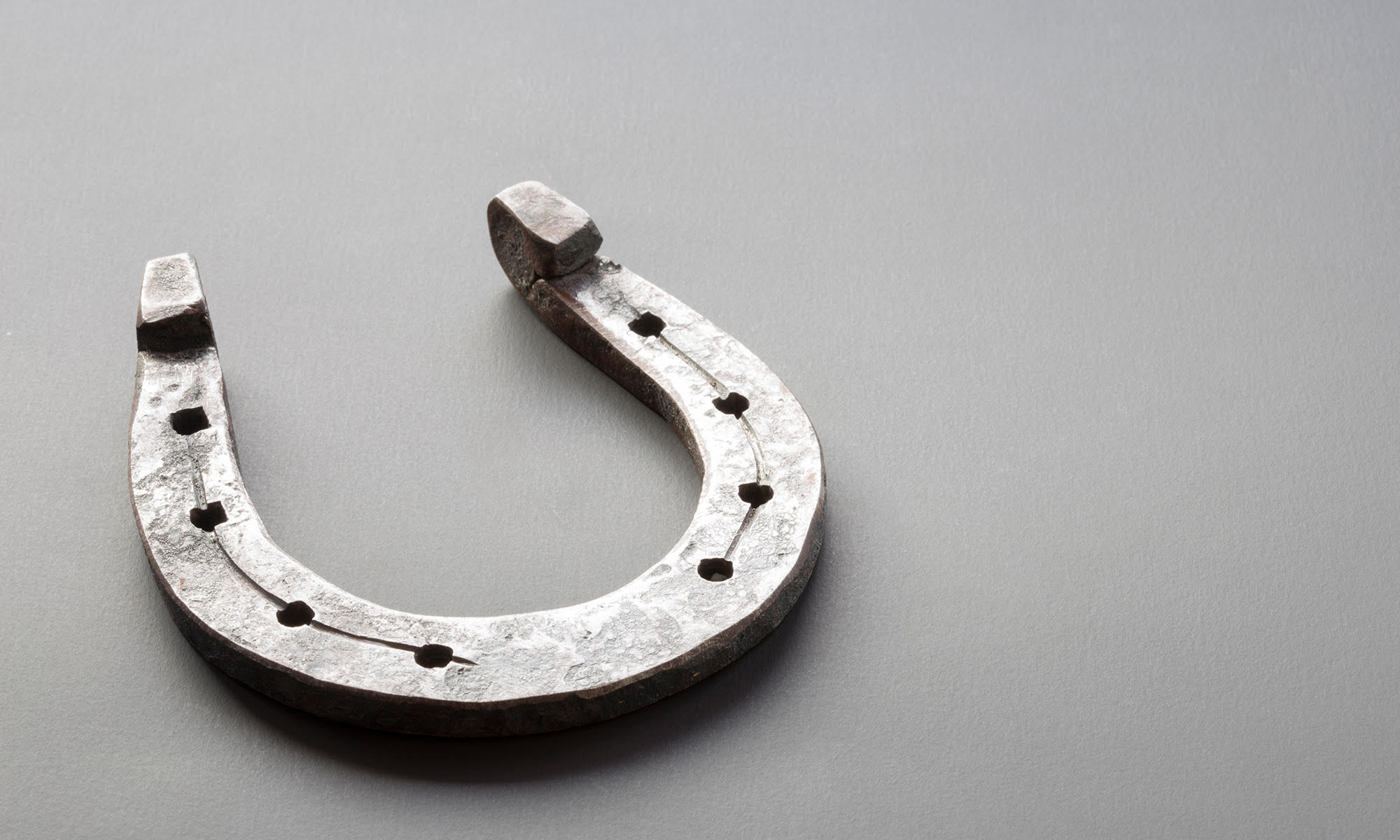Perhaps the most elusive goal any of us ever sets out to achieve is the desire to achieve balance in our lives. How do we balance our work with our personal lives, for example? How much work is enough, and is there such a thing as too much work? How much time with our friends, family, and loved ones is enough, or can it ever be enough? How much vacation time is enough, or is it okay to never take a vacation or to be on vacation forever? How much education is enough, or should one become a professional student collecting one academic degree after another endlessly?
These questions permeate every aspect of lives from nutrition and exercise to personal wealth and charitable giving. How do we achieve balance, and why is it so important to do so – does it have any real importance at all?
I have some thoughts about this which I’d like to share with you. First of all, we have to look at balance and what it means or implies. In one sense, we can think of balance as something static and non-dynamic. What I picture in this case is an equilibrium scale. This is the kind of scale used to measure goods for sale. A quantity of gold, for example. The gold is placed on one of two hanging trays, and then, pre-measured weights are placed on the opposite side until the two are in perfect balance. The two trays on either side of the scale then sit motionless and at the same height. There is no movement at all. The scale is then in perfect balance. In my opinion, this is not the kind of balance one should expect to achieve, or even be in search of, in their life.
The life of a human being is dynamic and never comes to a halt. Our lives are dynamic, ever in motion, and constantly changing. The most realistic type of balance we can achieve is much more like a sine wave oscillating above and below a horizontal baseline than it is like the hanging scale design. In that sense, we are winding our way through life in a serpentine fashion.
I also like to think of balance and order another way. In high school chemistry, we learned that the world is constantly moving toward disorder. To demonstrate this, our teachers show us that if we put gas in a closed glass jar, the molecules will bounce all over the place, filling the space, bouncing off of one another, and continuously taking new positions. This phenomenon is called entropy – the natural tendency toward disorder. That said, although the process may appear chaotic because of its fluidity of constant motion, in another way, I see it as very orderly. The molecules are trying to disperse themselves equally throughout the entire volume of the jar. Therefore, they are always seeking balance, even if it is ever-changing. This is the kind of balance one can expect from a life well-lived.
Growing up, I remember that my father used to teach my sisters and me that we should “live our lives like a blacksmith.” Specifically, he would say, “you must live your life like the blacksmith, one tap on the nail and one tap on the horseshoe. One tap on the nail and one tap on the horseshoe.” I now know that what he was referring to, but didn’t know the proper term for it was a farrier, not a blacksmith.
A farrier is defined on Wikipedia as “a specialist in equine hoof care, including the trimming and balancing of horses’ hooves and the placing of shoes on their hooves, if necessary.” So, what my father was saying was that, like a farrier, we must get the horse shod by nailing the iron shoe to the hoof, but all the time tapping the shoe. This this way we make sure it is placed perfectly. In this way, the farrier is keeping things in balance as he works. He doesn’t first attach the shoe and then attempt to make corrections afterward.
Shoeing a horse properly is essential because a mal-fitted shoe may cause the horse pain or to walk with an improper gait. Either of these circumstances can cause a horse to become lame. For a farmer, as well as a horse, that can be catastrophic. A lame horse cannot work. It cannot pull a plow to till a field, for example. If the field remains untilled, there can be no planting. And, without planting, there can be no crop. Without a crop, there is no harvest, and there is no income for the farmer – all this because of a misaligned, unbalanced shoe.
The same can happen in your life too. Unless we are continually straightening life out as we live it, it winds up crooked and out of balance. We’ve all seen this before – if not in our own lives, in someone else’s. If we don’t make the minor adjustments necessary as we go through each day, we find that we need to make bigger, more difficult corrections later on.
It’s essentially inevitable that we will pay the price for the chronic imbalance at some point. At some point, the corrective measures needed to restore balance are so monumental that it becomes impossible to achieve. Therefore, I suggest you take my father’s advice and live like the farrier – one tap on the nail and one tap on the horseshoe. Continuously restore balance, little by little, as you go. This personal philosophy and habitual behavior will pay great dividends at harvest time.


